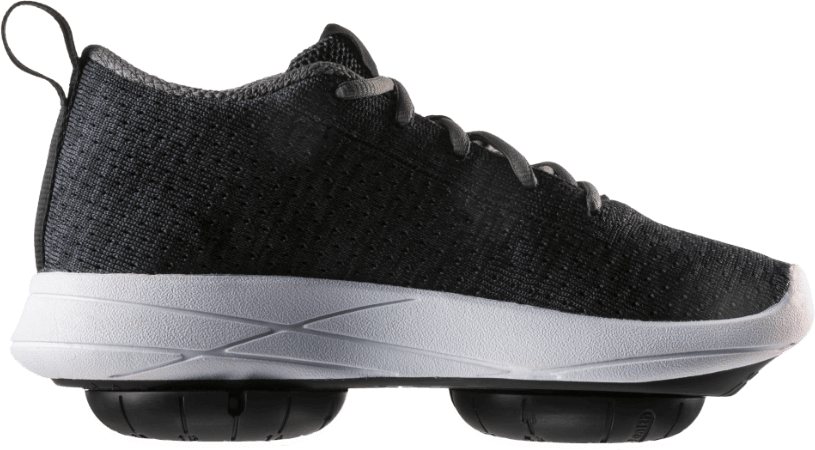AposHealth®, a pioneering healthcare company specializing in innovative non-surgical musculoskeletal interventions, is proud to announce results of a clinical study that demonstrates an impressive 89% of patients eligible for Total Knee Replacement (TKR) surgery were able to avoid it for up to 6 years.1 The study, published in Therapeutic Advances in Musculoskeletal Disease, underscores the efficacy of AposHealth’s biomechanical, home-based program, Apos®, in reducing pain and improving function for patients with knee osteoarthritis.
Knee osteoarthritis (OA) affects millions worldwide,2 causing chronic pain and limited mobility. The rising prevalence of knee OA has prompted a critical need for non-surgical interventions that can alleviate symptoms and improve patients’ quality of life. The study aimed to evaluate the referral rates to secondary care consultation and clinical outcomes in patients with severe knee OA who underwent AposHealth’s innovative, home-based Apos® treatment.
The retrospective audit involved 571 patients who met the clinical criteria for total knee replacement and received Apos® non-surgical intervention between October 2015 and March 2020. Patients underwent a home-based, biomechanical intervention utilizing a foot-worn device for gait rehabilitation. This device, personalized according to the patient’s gait patterns and clinical symptoms, facilitated pain reduction and functional improvement. Patients were encouraged to use it at home or work while continuing their daily routines. Follow-up appointments ensured device adjustments and treatment plan optimization.
Key findings from the study include:
-
- Eighty-nine percent of eligible TKR patients did not require secondary care consultation over a treatment period of up to 6 years.
- A significant reduction in pain and improved function was observed in patients after just 3 months, which was sustained for up to 3 years.
- Referral rates to secondary care consultation were only 11.4% with an average follow-up of 3.5 years.
“These results are truly transformative for patients suffering from knee osteoarthritis,” said Ganit Segal, MPE, Chief Scientific Officer of AposHealth. “Apos® provides an effective alternative to surgical interventions for many, allowing patients to experience meaningful pain reduction and improved mobility. This has the potential to significantly impact the healthcare landscape by improving overall Knee OA patient outcomes.”
For those interested in a deeper dive into the methodology and findings, the original publication is available here.
About AposHealth®
At AposHealth®, we are passionate about revolutionizing the treatment of musculoskeletal conditions simply, by addressing peoples’ gait and pain – to help them move better and live better. Our flagship solution, Apos®, is FDA-cleared to temporarily reduce knee pain caused by osteoarthritis and has been used by over 120,000 patients. It can also be used as a general wellness device to help patients live well with chronic lower back and hip pain. With a 96% satisfaction rate,3 and over 69 peer-reviewed publications, this program—consisting of gait analysis, a personalized foot-worn device, and a customized treatment plan—has helped patients worldwide move, live, and thrive.
Sources
1) Benn, R., Rawson, L., & Phillips, A. (2023). Utilising a non-surgical intervention in the knee osteoarthritis care pathway: A 6-year retrospective audit on NHS patients. Therapeutic Advances in Musculoskeletal Disease. https://doi.org/10.1177/1759720X231187190
2) Wallace, I. J., Worthington, S., Felson, D. T., Jurmain, R. D., Wren, K. T., Maijanen, H., Woods, R. J., & Lieberman, D. E. (2017). Knee osteoarthritis has doubled in prevalence since the mid-20th century. Proceedings of the National Academy of Sciences of the United States of America, 114(35), 9332-9336. https://doi.org/10.1073/pnas.1703856114
3) Based on data captured at 3rd follow-up appointment and based on the commercial activity with National Health Service patients in the UK treated between 2019-2020 (N=106)


